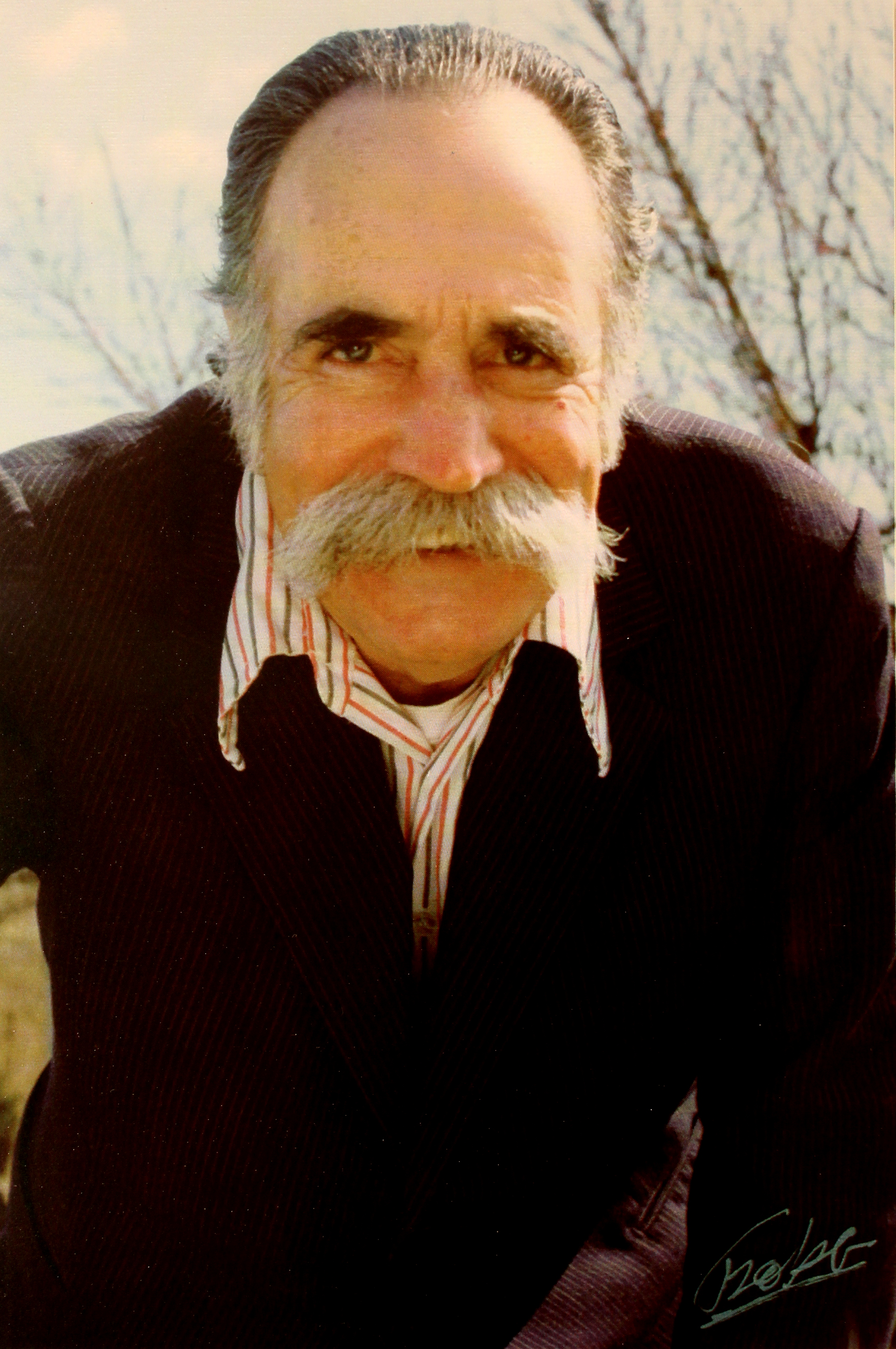William Saroyan Zitate und Sprüche
William Saroyan: Zitate auf Englisch
Here Comes There Goes You Know Who (1961)
“The end of life evokes the errors of it, and a fellow wishes he had known better.”
The Bicycle Rider In Beverly Hills (1952)
Here Comes There Goes You Know Who (1961)
The Bicycle Rider In Beverly Hills (1952)
As quoted in "Saroyan's Literary Quarantine" by Peter H. King, in The Los Angeles Times (26 March 1997).
Hello Out There (1941)
“The idiot is indeed the good man, but only because he doesn't know any better.”
Sons Come and Go, Mothers Hang in Forever (1976)
In the The Bicycle Rider In Beverly Hills (1952) Saroyan additionally wrote of Shaw:
He was a gentle, delicate, kind, little man who had established a pose, and then lived it so steadily and effectively that the pose had become real. Like myself, his nature has been obviously a deeply troubled one in the beginning. He had been a man who had seen the futility, meaninglessness and sorrow of life but had permitted himself to thrust aside these feelings and to perform another George Bernard Shaw, which is art and proper.
Hello Out There (1941)
“Art comes from the world, belongs to it, can never escape from it.”
My Heart's in the Highlands (1939)
Of his father, who died in William's infancy.
I Used to Believe I Had Forever — Now I'm Not So Sure (1968)
“A play is a world, with its own inhabitants and its own laws and its values.”
The Time of Your Life (1939)
My Heart's in the Highlands (1939)
Sons Come and Go, Mothers Hang in Forever (1976)
Jim Dandy : Fat Man in a Famine (1947)
“I see life as one life at one time, so many millions simultaneously, all over the earth.”
Seventy Thousand Assyrians (1934)
“Each person belongs to the environment, in his own person, as himself.”
The Time of Your Life (1939)
“What a lonely and silly thing it is to be an Armenian writer in America.”
"The Armenian Writers : A Short Story" (1954)
"The Beggars" in The William Saroyan Reader (1958)
“It is impossible not to notice that our world is tormented by failure, hate, guilt, and fear.”
Letter to Robert E. Sherwood (1946)
The Daring Young Man on the Flying Trapeze (1934), A Cold Day
Here Comes There Goes You Know Who (1961)
"One Day in the Afternoon of the World" (1964)
“If I want to do anything, I want to speak a more universal language.”
Seventy Thousand Assyrians (1934)
